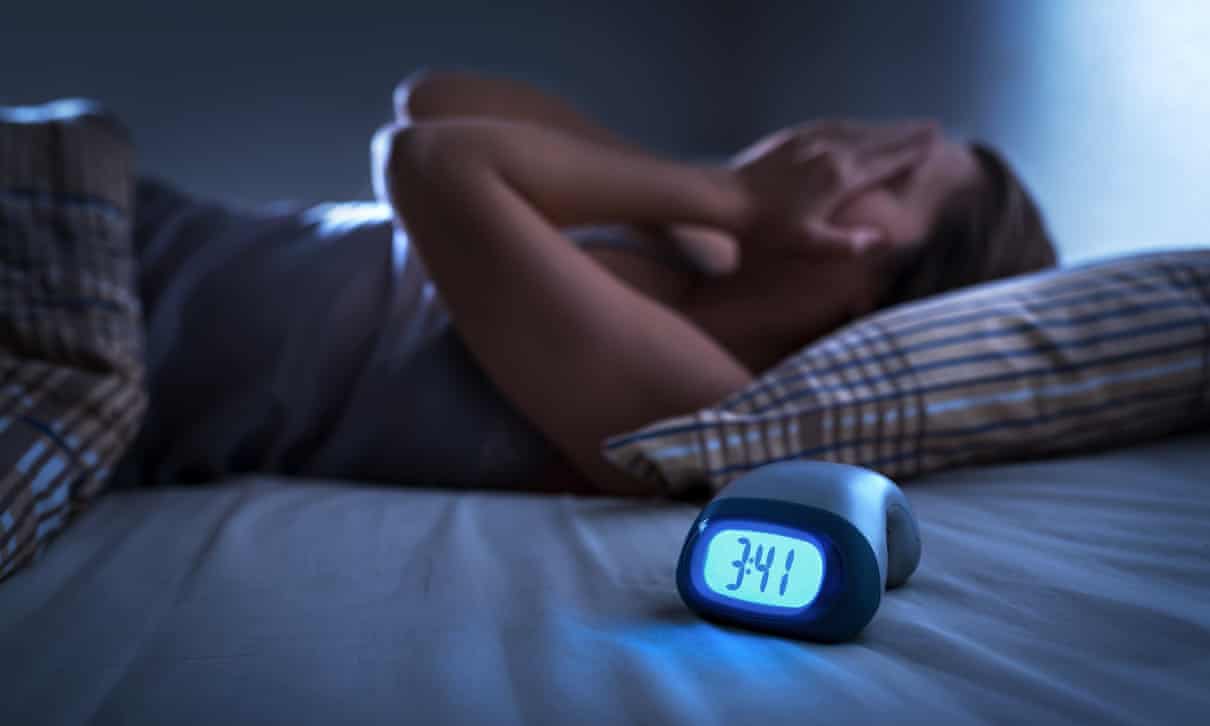Latest on COVID-19
- Home
- Latest on COVID-19
Brain fog, phantom smells and tinnitus: my experience as a Covid 'long hauler'

I just passed the four-month mark of being sick with Covid. I am young, and I had considered myself healthy.
My first symptom was that I couldn’t read a text message. It wasn’t about anything complex – just trying to arrange a video call – but it was a few sentences longer than normal, and I couldn’t wrap my head around it. It was the end of the night so I thought I was tired, but an hour later I took my temperature and realized I had a fever. I had been isolating for 11 days at that point; the only place I had been was the grocery store.
My Day 1 – a term people with Long Covid use to mark the first day of symptoms – was 25 March.
Four months later, I’m still dealing with a near-daily fever, cognitive dysfunction and memory issues, GI issues, severe headaches, a heart rate of 150+ from minimal activity, severe muscle and joint pain, and a feeling like my body has forgotten how to breathe. Over the past 131 days, I’ve intermittently lost all feeling in my arms and hands, had essential tremors, extreme back, kidney and rib pain, phantom smells (like someone BBQing bad meat), tinnitus, difficulty reading text, difficulty understanding people in conversations, difficulty following movie and TV plots, sensitivity to noise and light, bruising, and petechiae – a rash that shows up with Covid. These on top of the CDC-listed symptoms of cough, chills and difficulty breathing.
I had neurological symptoms early on. Everything felt foggy and far away. I forgot everything, even things that had happened a few minutes earlier. I found it hard to find words, to remember names, to remember what medication I had taken. I constantly burned my pots and picked up hot pans with my bare hands before realizing it would be safer to stop cooking completely. Things that had been second nature before Covid became important to consciously think through; I had to remind myself to look both ways before I crossed the street, how buses worked, how to use delivery services. Before Covid, I had worked in machine learning and artificial intelligence; this loss of cognitive function was new for me.
Things that had been second nature before Covid became important to consciously think through; I had to remind myself how buses worked, how to use delivery services
On Day 7 my symptoms got worse and I called a doctor via telemedicine. She said I had Covid based on my symptoms but that they were doing severe triage: if I had shortness of breath when walking across the room, that wasn’t enough to come into the hospital. Only if I had shortness of breath while lying in bed should I consider it. Testing was only available to those who were hospitalized, so I went without. On Day 30, when I finally received my first test, the doctor told me tests after the initial 14-day period were not reliable, and that mine would come back negative; it did.
On Day 50, a report came out detailing the high false negative rate of Covid tests. The best day to get tested is on Day 3 of symptoms, and even then the false rate is 20%. From there, the false negative rate increases, and hits 66% by Day 21. My negative test – at Day 30 – was meaningless.
On Day 24, after reading an op-ed on long recoveries, I joined the Body Politic Covid-19 support group on Slack, which remained my primary source of support throughout, alongside “Long Haul Covid Fighters” and “Long Covid Support Group” on Facebook. Hundreds, and then thousands, of stories emerged – all very similar. Unofficial names were created – we call ourselves “long haulers” or say we have “Long Covid”. Many of us are on the young side, and many parents in the support groups report that their children are long haulers as well.
Within the support group, I joined a small group of researchers, data analysts and medical professionals to create a patient-led research group, to study ourselves and other long haulers. On Day 48 – 11 May – we put out a report on the experiences of over 600 patients with prolonged recoveries. We found that recovery is nonlinear: relapses were common (reported by 89%), as were new symptoms appearing throughout (reported by 70%). We found that Covid is not respiratory, but systemic, with symptoms spanning the gastrointestinal, neurological, respiratory, general immune and cardiovascular systems. We found that neurological issues are prevalent and underreported, with brain fog and concentration issues being as common a symptom (reported by 70%) as cough. Of those studied, 61% experience dizziness, 32% experience numbness in the extremities, 29% experience hallucinations or lucid dreaming and 27% experience short-term memory loss.
We found that these cases are anything but mild: in addition to the above, long haulers report tachycardias, diarrhea for months and resulting serious weight loss, constipation/bowel obstructions, encephalitis, facial paralysis, debilitating fatigue, fevers lasting months, nausea, extreme thirst and dozens of other symptoms. In addition to the loss of sense of taste and smell (or phantom tastes and smell), long haulers also report vision and hearing loss; 12% experience conjunctivitis and 26% experience sensitivity to light. Tinnitus and sensitivity to noise is common.
We also found that early testing is crucial. When we compared the groups who tested negative and positive, the primary difference was not the symptoms, but the time they got tested (Day 10 on average for the positive group, and Day 16 on average for the negative group). We believe that current testing practices are not capturing a large subset of Covid-19 patients and that more investigation into this is required; in the meantime, clinical diagnoses need to be enough to receive care and insurance coverage.
Early testing is crucial. Current testing practices are not capturing a large subset of Covid-19 patients and more investigation into this is required
A unique component of the Covid experience is that, unless you get sick alongside a partner or roommate, you are dealing with this alone. For months, the CDC recommended isolation until 1) at least 10 days of symptoms had passed, 2) 72 hours had passed since fever had resolved, and 3) other symptoms had improved. For months, the only metric I met was the first. No one could tell me or other people with Long Covid when to stop isolating, so we stayed isolated. When I was worried about dying, I set up a 24/7 YouTube stream so my partner, who lived separately and hadn’t gotten sick, could keep an eye on me. We didn’t reunite until Day 59, after dealing with Covid for nearly two months on my own. Others in my support group have gone much longer.
It has been hard for people to believe us. The focus had been on the respiratory side-effects and the death toll for so long that the narrative of long haulers seems new and jarring. Many long haulers are diagnosed with anxiety or written off completely; this is especially true for women, trans people and people of color. Doctors are firing their patients and asking them not to return. Spouses don’t believe that their partners can be sick for so long, and end the relationship. Family and friends have been distant and alienating.
Four things would help the current state of long haulers. First, Long Covid patients need access to daily care, daily check-ins, and post-Covid clinics even if they are recovering from home, and especially if they are isolated. Second, studies on Covid patients need to include long haulers, not just hospitalized patients, who have vastly different disease progressions. Third, long haulers need accommodation in relation to extended sick leave and a slow return to employment, particularly because the primary advice to long haulers is that a pacing regimen is required to prevent worsening symptoms. And finally, diagnostic tests need to be deprioritized quickly and cannot be a barrier to care, belief and recognition from doctors, employers and insurance companies; given the frequency of negative tests and continued inadequacy of available testing, a clinical diagnosis must be treated as equally or more valid.
The CDC has been slow to recognize long haulers, let alone provide any guidance for us. At the end of July, just before my four-month mark, they released the first numbers towards Covid’s prolonged recoveries: 35% of people are not recovered by the CDC’s suggested 2-3 week recovery period. Of young people (aged 18-34) with no pre-existing conditions, that number is 20%. I was one of the unlucky ones in that category, and you or someone you love could be too.
Hannah Davis is an independent researcher and artist based in Brooklyn. She is an advocate for patient-led research

